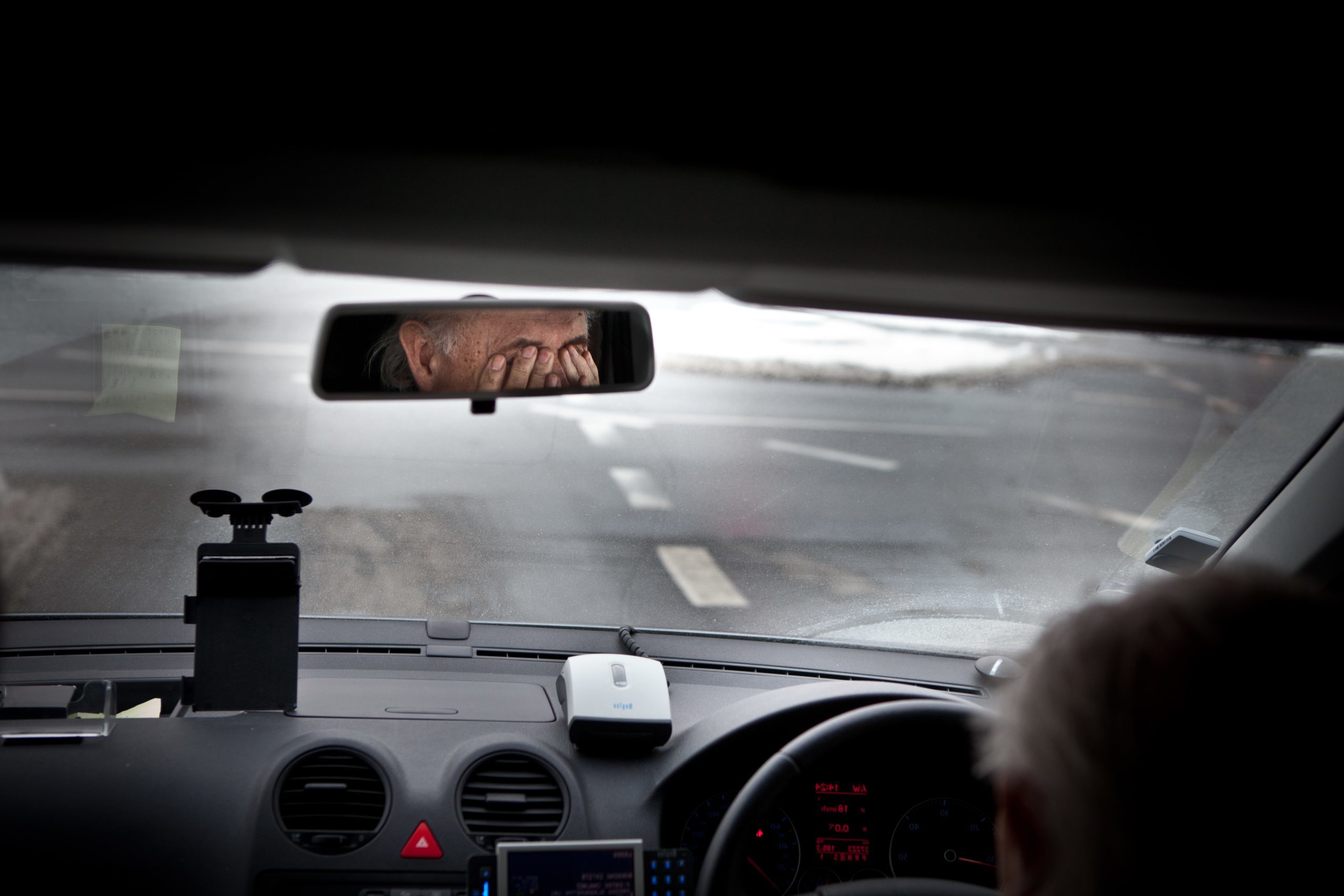Driver Fatigue: How to stay awake on the road
By H&H Admin
Fatigue is a condition that affects everyone but few motorists realize the dangers caused by operating a vehicle while feeling tired or sleepy.
One of the key elements of safe driving is being awake and competent enough to concentrate on the road. According to South African road accident statistics, motorists who become drowsy or fall asleep at the wheel contribute to thousands of road accidents each year.
Driver fatigue is a physical and mental tiredness caused by lack of sleep or rest over a period of time. Generally associated with long-distance driving, fatigue can set in when the body’s natural rhythm is interrupted.

What causes fatigue?
Feeling tired at the wheel may be caused by a number of reasons such as:
- Medication
- Interrupted or insufficient sleep
- Tiredness
- Emotional stress, anxiety or depression
- Illness
- Insomnia
- Over eating
- Sun glare
- Lack of ventilation
- Drinking alcohol

What are the warning signs of fatigue?
There are a few signs that indicate tiredness and it is important that all motorists are able to identify these early on in their journey. These include:
- Trouble keeping one’s eyes open
- Trouble keeping one’s head up
- Inability to stop yawning
- Drifting between lanes or towards edge of the road
- Missing / not noticing road signs
- Eyes closing or losing focus
- Being unable to remember driving the past few kilometres
- Slow response time
- Difficulty maintaining attention

What should you do when you feel tired behind the wheel?
When driving, it is imperative to take action as soon as you start to feel drowsy.
- Take a break from driving every 200km or 2 hours
- Stop driving immediately. It is better to be late than to not arrive at all
- Take a nap in a safe, well-lit place (if it’s getting dark), such as at a police or service station
- If such is not available, pull into a lay-by or as far away as possible from the highway
- It is important to only nap for a few minutes (20 max) as anything longer than that will put you into a deep sleep cycle from which you may feel more tired and groggy once you awaken
- Should you take a nap in your car, keep the windows open just a crack and remember to:
- Lock your doors
- Keep valuables out of sight
- Set an alarm on your phone
- Have a coffee or energy drink to give you a much needed boost of caffeine

Avoiding driver fatigue on long trips
- Plan for long trips plan in advance so you know where you are going to take a break
- Share the drive with someone else
- Plan to stay somewhere overnight if you are going on a long journey
- Share the driving – and make sure you rest when you are not driving
- Try not to drive when you would normally be asleep (early mornings and late nights
- Wear good quality sunglasses
- Avoid heavy foods
- Don’t consume any alcohol during your trip
- Get some exercise – it helps get your blood circulating and makes you more alert
In the longer term, it is critical to get enough quality rest – between 6 and 8 hours – before you embark on a long journey. This will help reduce the chances of you becoming a road accident statistic and increase the odds of you, your passengers other road users being safe.

